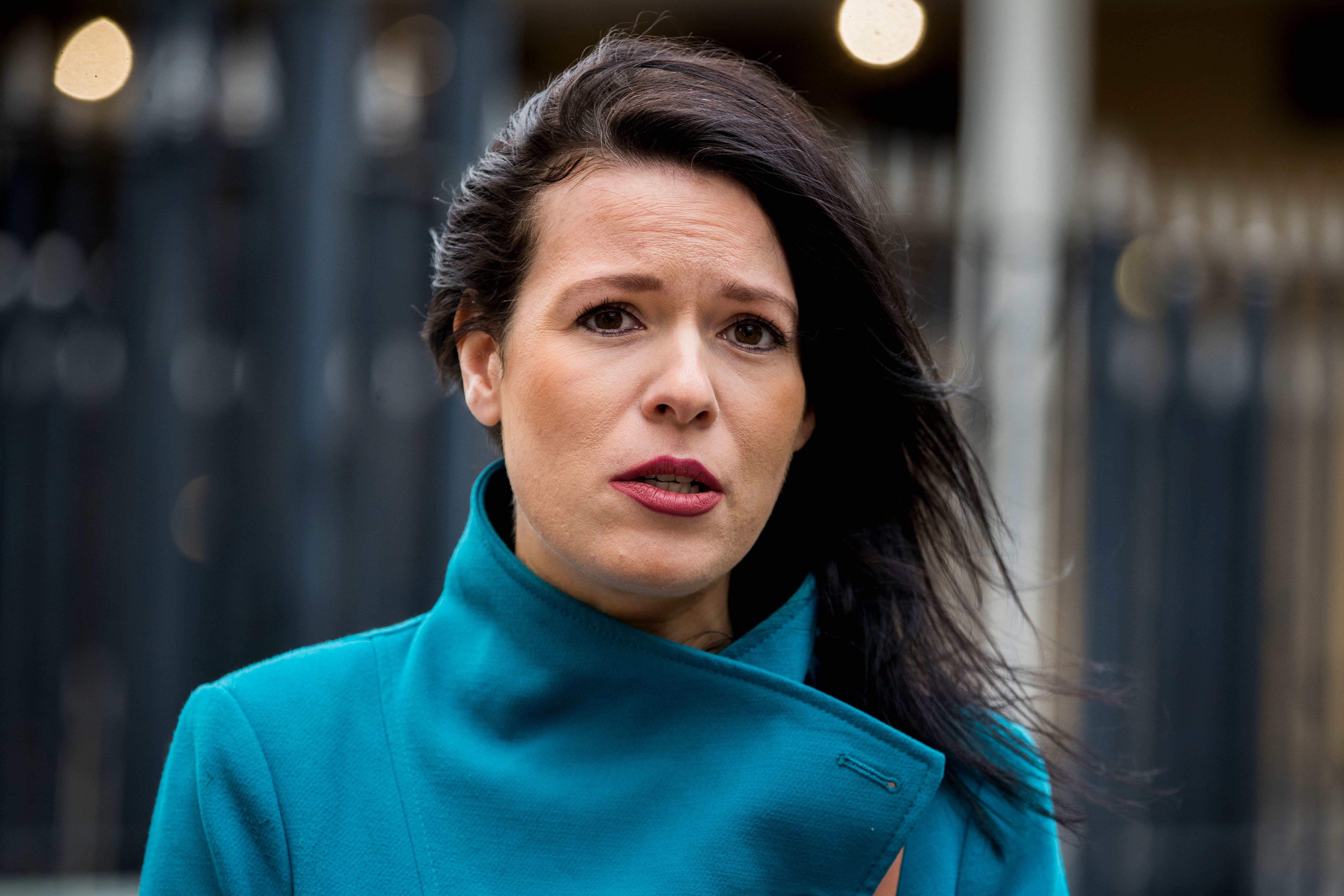Abortion access in Northern Ireland ‘a right but not a reality’ – Amnesty
The group said four years after the decriminalisation of abortion, barriers to accessing an abortion remain.

Access to abortion in Northern Ireland is “a right but not a reality”, Amnesty International has said.
Four years on from the decriminalisation of abortion in the region, Amnesty has contended that “significant barriers” remain to abortion.
The group has launched a report delving into abortion services in Northern Ireland with research conducted between September 2022 and August 2023, including more than 60 interviews with women, healthcare providers, healthcare professional bodies, civil society representatives, academics and government representatives.
Grainne Teggart, Amnesty International UK’s Northern Ireland deputy director, said the report identifies barriers which must be addressed, including scores of women still travelling to Great Britain to access services.
Amnesty is calling for the introduction of telemedicine to help those in rural areas access services, as well as condemning “misinformation” around services.
Access to quality abortion healthcare is not optional – it’s an essential human right
The group is urging the Department of Health and Northern Ireland Secretary Chris Heaton-Harris to ensure full provision of abortion services across all health trusts and a public information campaign to inform people of the abortion law, existing abortion services and how to access those services.
“Four years on from decriminalisation of abortion in Northern Ireland, access is a right but not a reality for all who need it,” Ms Teggart said.
“The report identifies barriers preventing access to this vital and time-sensitive healthcare which must be addressed.
“Abortion care which prioritises a person’s needs and provides impartial advice, is local and is a safe space, should be the minimum anyone can expect.
“Telemedicine must be introduced without further delay. It will particularly benefit those who face other forms of discrimination or barriers in access to healthcare – whether that’s people who live in rural areas, have limited or no access to transport, are in violent or coercive relationships or are concerned about confidentiality.
“We recognise that commissioning is an ongoing process and services are slowly being set up, but the harmful reality of full provision not being available is of significant concern.
“The recommendations in this report chart a way to deliver human rights-compliant care and should be actioned immediately.
“Choice must mean choice: in practice and not just on paper. By now, this historic legal reform should be giving people safe access to the full range of abortion services. We must see a faster pace of change.
“Access to quality abortion healthcare is not optional – it’s an essential human right.”
Bookmark popover
Removed from bookmarks